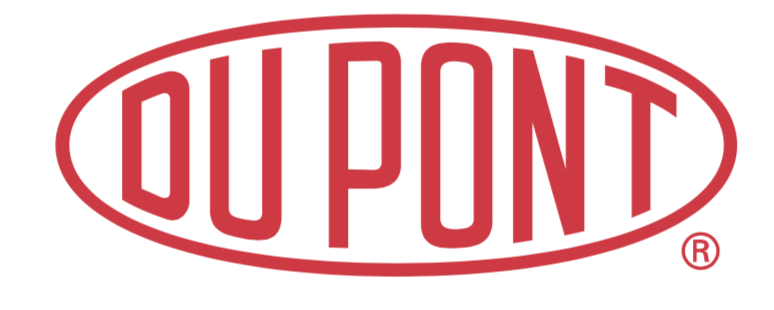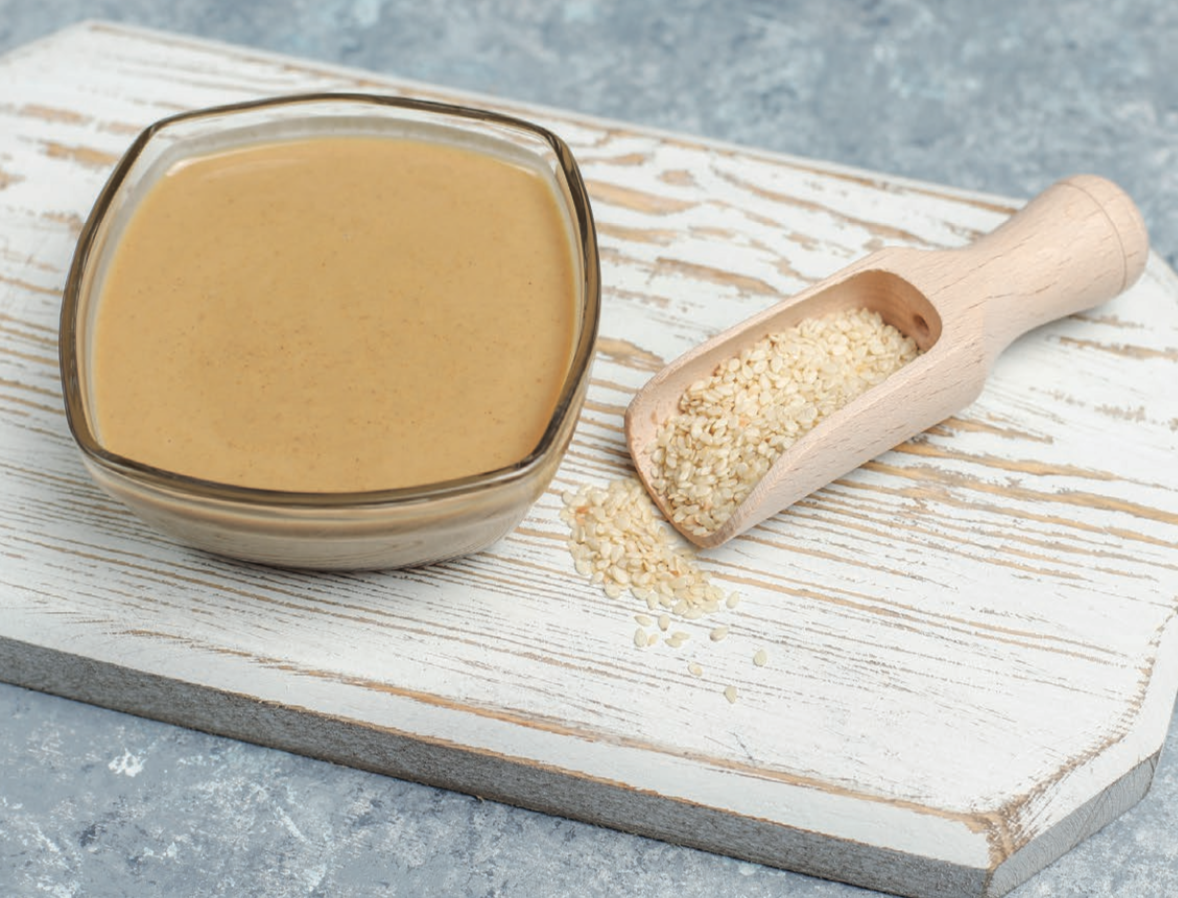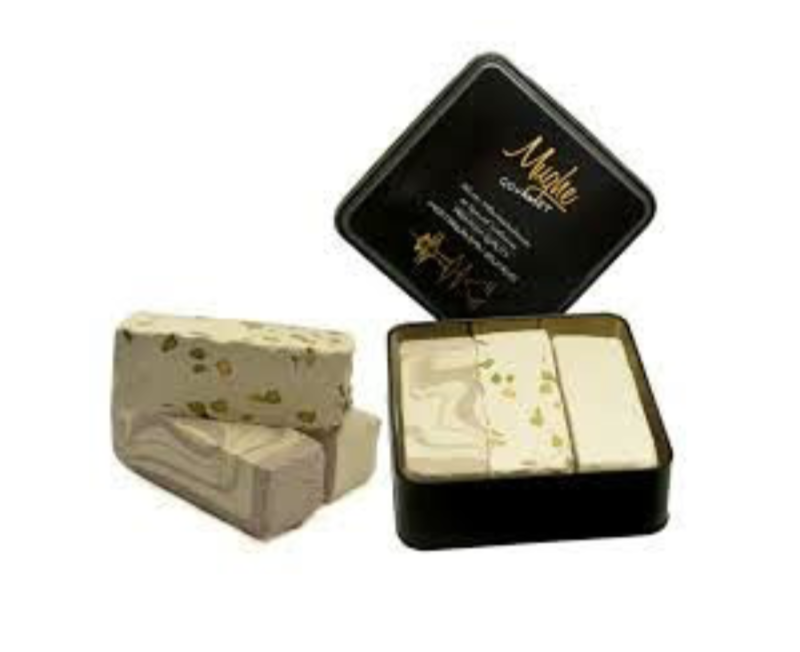Consumers today seek foods which can maintain their freshness longer and the hoarding panics caused by the COVID19- lockdown is certain to spur the growth of this sector further. However consumers today read labels closely and will always prefer products with natural ingredients as opposed to synthetic preservatives.
FSL offers a cost-effective range of natural antimicrobial products to help manufacturers achieve long-shelf life food products while keeping your product labels clean and without complicating your manufacturing process.
Combined with an excellent manufacturing process, our antimicrobials extend the shelf-life of foods while offering the following benefits and functionality:
- Keeping products pathogen-free
- Maintaining product taste and aroma
- Maintaining the visual appearance of products
- Reducing waste during processing Whether used as a topical rinse or an ingredient in the manufacturing process.
Our safe and effective antimicrobials are ideal for use in wide array of foods and beverage applications. The right one depends on your product, market and needs which we are happy to discuss.
Natamax Antimicrobial Range:
With natamycin as its active compound, the effect of Natamax Antimicrobial has been demonstrated with excellent results in various food products with a wide range of pH values and after heat treatment.




